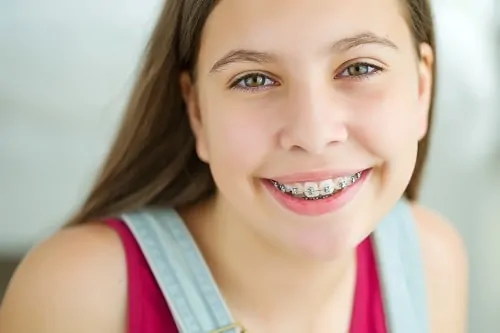
Gastroesophageal reflux disease, also known as its more common and easier to pronounce acronym GERD, is an uncomfortable problem associated with digestion. But while the issue originates in the gut it can have a negative on oral health, especially in kids. If your child suffers from GERD, our Long Island pediatric dental office has some insight for you.
Gastroesophageal reflux (GER) is the medical term used to explain what happens when stuff inside the stomach comes up into the esophagus. The result is often the feeling of heartburn or indigestion. If symptoms of GER happen more than two times a week for several weeks, it could be a sign of GERD. GERD is a more serious, long-lasting problem that can lead to more health concerns. It’s important to note that if someone has GER, it doesn’t always mean they have GERD.
Since GER/GERD increases the mouth’s exposure to acid, it also increases the risk for dental problems and tooth damage. In fact, acid is one of the worst things for our pearly whites. It can easily wear down protective tooth enamel, increase the risk of decay, and quite literally eat away at teeth. Children with GER/GERD are more likely to have bad breath, decay, and cavities than those without the condition. Kids dealing with the effects of GER/GERD may also experience increased sensitivity, which can be painful and make them not want to brush their teeth. However, it’s crucial that they still brush and floss regularly. Using a soft toothbrush and a toothpaste designed for sensitive teeth can help reduce any discomfort.
Signs of GER or GERD vary from person to person and can even be different based on age. Besides feeling the discomfort of heartburn, there are several other common symptoms including:
Your pediatric dentist in Long Island, as well as your pediatrician, may recommend certain changes in diet and habits to help reduce GERD symptoms and dental problems associated with it. Some recommendations include:
While it’s important for all kids to visit the dentist regularly, it’s incredibly crucial for those with GERD. Dental visits at least every six months can help protect smiles from the acid produced from GERD or catch any problems early when they’re easily treatable. If your little one is in need of a dentist, we welcome you to call our pediatric dental office in Long Island to schedule an appointment with us today.